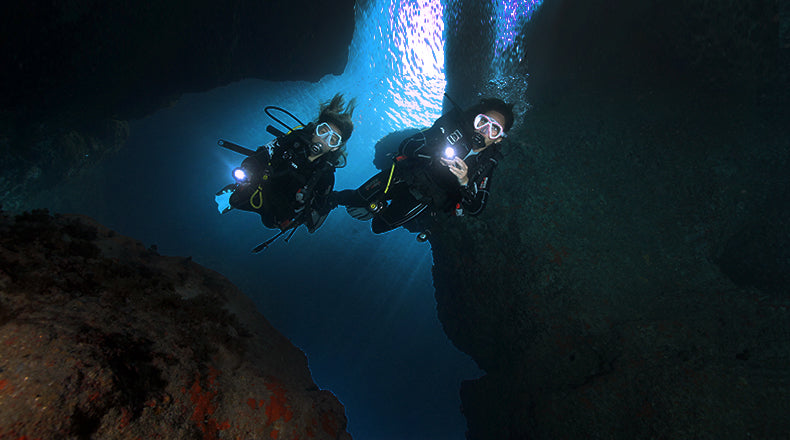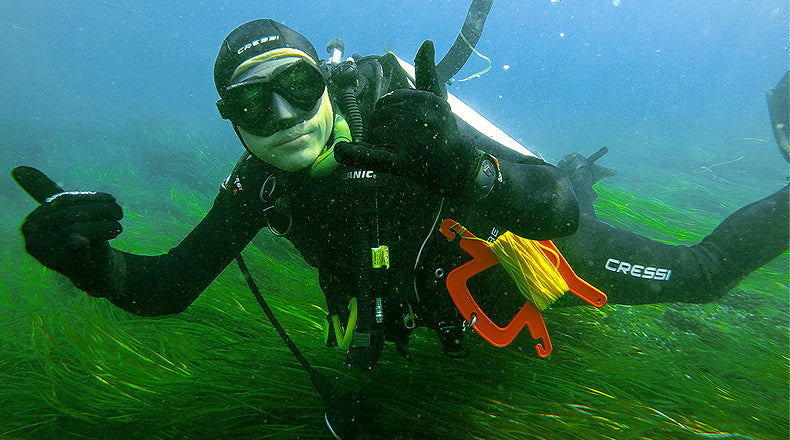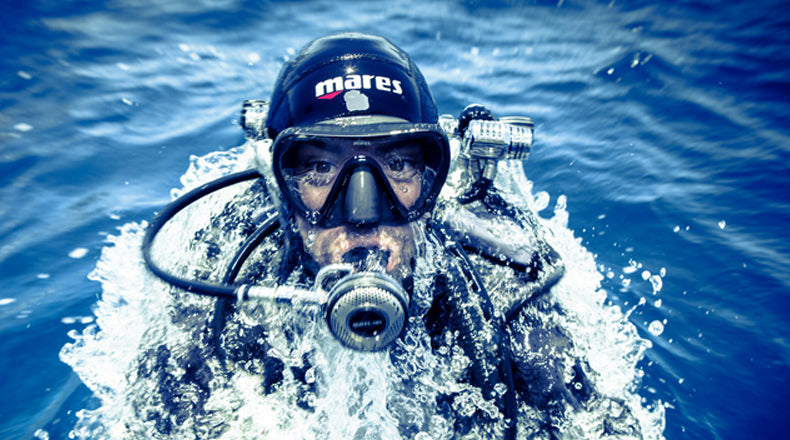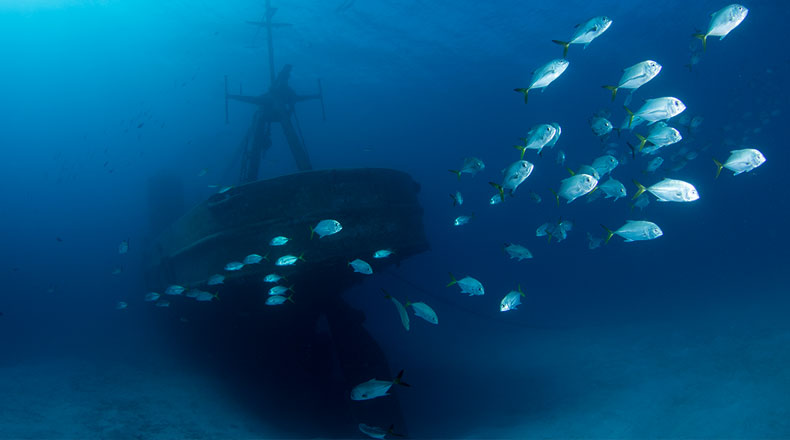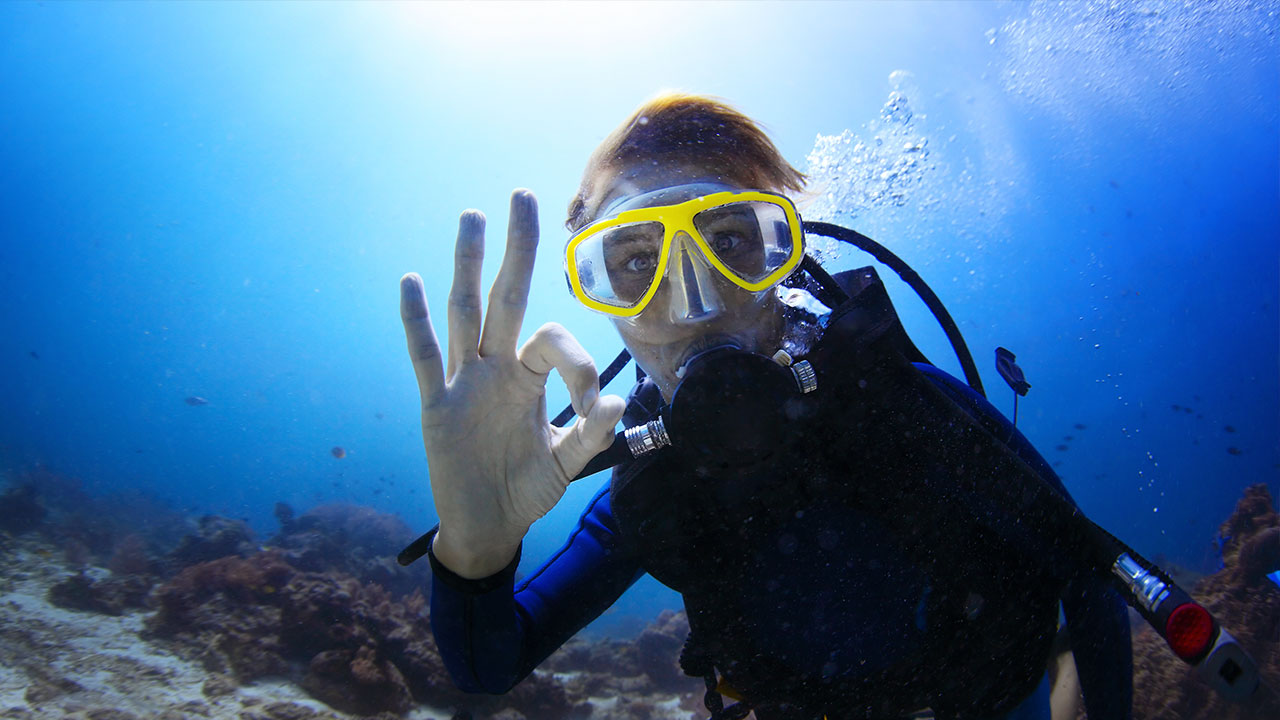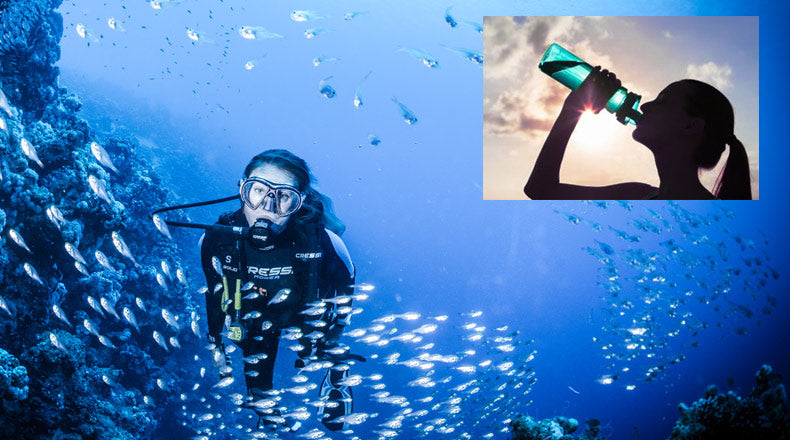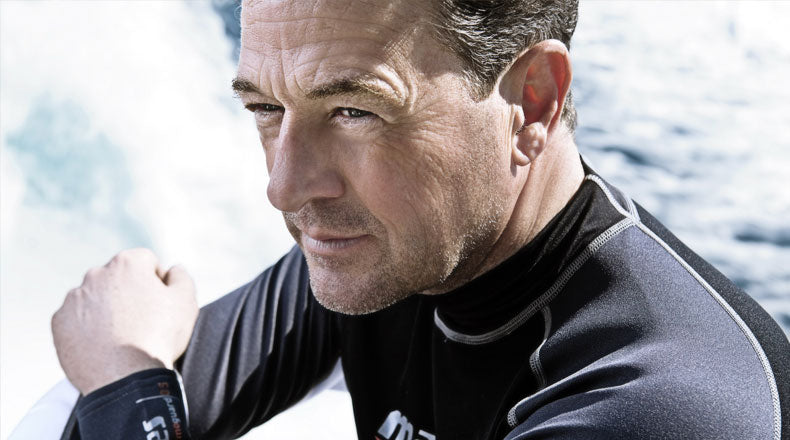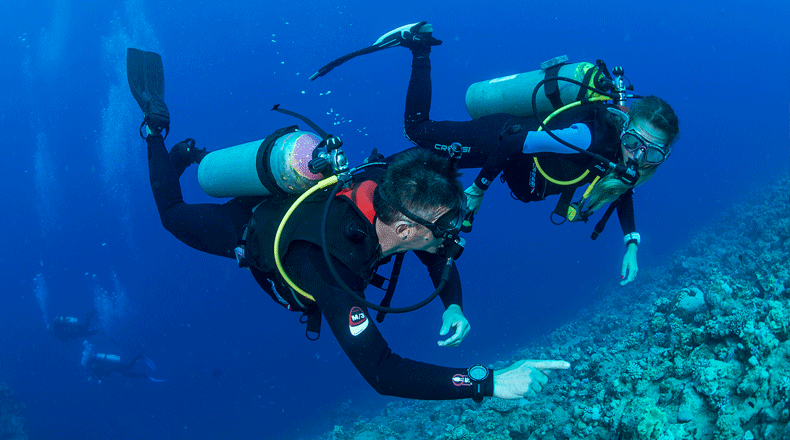Dive Safety: Assessing and Respecting Your Limits

As a diver, you probably know, how important the concept of personal awareness is in an underwater environment. In order to dive safe and avoid injury you have to remain in control of the situation and stay within your individual limits. But how do you define your limits? Many divers, especially those who are new to the sport, can find it difficult to answer this question. So, in this article we will try to help you understand the nature of your limitations, and the right way to assess them.
Recognize Your Limits
There are a few fundamental factors that shape our capabilities as scuba divers, in particular our training, dive conditions, health, mental state and equipment. The key to defining your limits is performing a frank and honest evaluation of each one of these factors before beginning a dive. It is also important that you support your fellow divers in assessing and respecting their limits, as it helps to create a culture of dive safety. Remember, divers who disregard their limits expose themselves to increased risk of injury.
1. Training. The very first set of limits that every diver encounters are those, imposed by their certification agency. Each level of certification comes with a prescribed limit of depth, conditions and equipment to which the diver is restricted. For instance, if you have only been Open Water certified, your recommended maximum depth will be 60 feet, you will be urged to stay out of the overhead environments, such as wrecks or caves, etc. Sure, there are divers, who choose to disregard the limits set by training agencies, and claim that experience is more important than the certification card. While this may be true to some extent, remember, it is best when practice and formal training go hand in hand. Divers without the proper training may be unaware of the risks and lack skills necessary for safe diving in certain environments. In addition to that, if you decide to violate the limitations of your certification, you should know, that your insurance company can refuse to cover the treatment in case of emergency.
2. Conditions. Another incredibly important factor to take into account are the conditions, such as weather, waves, currents, visibility, water temperature, etc. Here again you should keep your training, experience and comfort level in mind. For example, if you have been diving in clear water only, it can be difficult for you to dive with limited visibility, so you may want to make a shallower dive to adjust. Try to consider all the environmental factors when planning a dive. If there are any potential hazards, be sure to give yourself a greater margin of safety. Don’t hesitate to call a dive, if you feel the conditions are not right.
Here is our collection of articles on diving in different environments
3. Physical. Your fitness and health are two constantly changing factors, so you need be honest with yourself and perform a complete and objective self-evaluation. While such contraindications to diving as cold or recent injury are pretty obvious, other factors can be more difficult to recognize. For instance, certain aspects of our fitness change slowly over time, suffering the effects of age. Others, on the contrary, change too quickly. Your thermal balance, level of fatigue, physiological and emotional stress can all weaken your ability to perform on a dive. If you feel that you are not as fit as you’ve been before, or you have started taking some medications, the first step should be consulting a diving physician. Next, you should learn to monitor your own health and adjust your personal limits for the dive. If you feel too tired, ill, or otherwise bad right before the dive, simply skip it.
4. Mental. Your mental state is as important as your physical condition. Although, it can be hard to assess accurately, you should do your best, otherwise you can experience panic underwater. If you feel anxious before the dive, try to figure out what worries you and solve the problem.
5. Equipment and breathing gas. Even if you are an excellent diver, you won't be able to perform a dive without the proper equipment. This includes sufficient thermal protection, gas supply, monitoring equipment and all the right accessories. For instance, you can’t go on a night dive without a good dive light. Your breathing gas is another major consideration. Not only your dive time will depend on your gas supply, but also the depth you can go to. Every breathing gas, from air to all kinds of blends, imposes certain depth limits that you must observe. Make sure you know those limits before diving with a particular breathing gas.
Understanding where you stand with regards to all of these factors will help you be in control of your diving. Remember, even after you develop your personal limits, you must learn to reassess them as your capabilities or situations change. Set a maximum depth and dive time for each dive to ensure that you do not exceed your abilities.
What can you do to stretch your limits?
So, what if you want to stretch your diving experience beyond your present limits? How can you safely accomplish that?The first thing you can do is get additional training. This way you will be able to acquire more knowledge from a reputable source and practice the necessary skills in a safe environment under supervision. Formal training will prepare you for the possible challenges that come with new environments and give you the confidence to conquer new depths.
The next thing you may need to do is upgrade your equipment. Certain types of conditions require additional gear to safely operate in them. For example, if you want to dive in cold water, you may want to get a dry suit., or if you are about to take on cave diving you will need to acquire redundant air systems.
Finally, you should build up your experience. The more you dive, the more confidence and judgment you will develop. Try to stretch your limits gradually and always remember to plan dives conservatively. This will allow you to reduce the likelihood of an in-water accident and give you more time and resources to deal with the situation in case something unexpected happens.
Use these advice, dive safely and enjoy every one of your underwater adventures!

